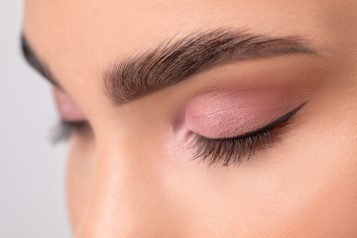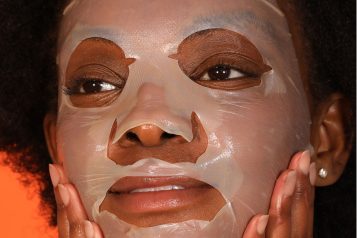 Photo Credit: Shutterstock
Photo Credit: Shutterstock
Plastic surgery has often been associated with a negative connotation in the past, which is due to the extreme cases of plastic surgery where individuals have undergone drastic transformations that appear to be unnatural. Haute Beauty recently had the opportunity to sit down with Haute Beauty expert Dr. Sam Rizk who has a unique approach to his craft. Unlike others, Dr. Rizk is known for his natural approach to plastic surgery, which focuses on enhancing the body’s beauty rather than radically altering it. In our conversation, we delved deeper into Dr. Rizk’s philosophy on plastic surgery and learned more about the techniques he uses to achieve his client’s desired results.
What do you define as natural?
To me, natural is about staying true to yourself, both individually and culturally. From a surgical perspective, it’s incredibly important that I take a patient’s ethnicity into consideration. Some surgeons might say a nose job is a nose job, but to me, a rhinoplasty on a woman of African descent is an entirely different surgery than what I would perform on a man of Scandinavian descent. My goal is to give each patient the look they desire without losing the nuances that are unique to their culture and, ultimately, their identity.
How have you mastered your natural approach?
I think it comes down to letting go of the idea of a one-size-fits-all approach to surgery and really starting from scratch with each patient. Bone structure is hugely important to me; it sets the plan into motion, so to speak, so I spend a lot of time studying and measuring, and mapping. And I’m definitely a less-is-more guy. Subtle, well-planned changes can make a really, really big impact. In many ways, my work is more like sculpture than surgery.
View this post on Instagram
What are common patient reactions once they see the final results?
It really depends on the surgery. After a facelift, when the goal is to look younger, for example, patients go through a bit of a happy shock when the dressing comes off and a reflection they haven’t seen in 10 or 15 years is staring back at them. That’s very fun to see. On the other hand, when the goal is augmentation—in the case of rhinoplasty, for example—patients often experience a feeling of great relief that the feature that’s caused so much anxiety finally matches the vision they’ve held in their heads for so long.
Have you experienced patients wanting an unnatural approach?
At the beginning of my career, sure. But as I began to carve out my own niche within the field, I became known for an exact, very sculptural technique that follows the unique bone structure of the patient and looks as seamless—and natural—as possible. I’ve been very fortunate to attract clients who align with that aesthetic.
What made you decide to keep your approach natural?
You know, I’ve never really had an interest in prescriptive beauty norms. As an artist, I have a huge appreciation for the human form—and the fact of the matter is that no two humans are alike. To me, beauty is about celebrating what makes us unique, and I think that really resonates with my patients. They don’t want to look like someone else, but they do want to look like better versions of themselves—and if I can help them achieve that, I’ve done my job.
For more information, visit Dr. Brian A. Levine's social media:

























